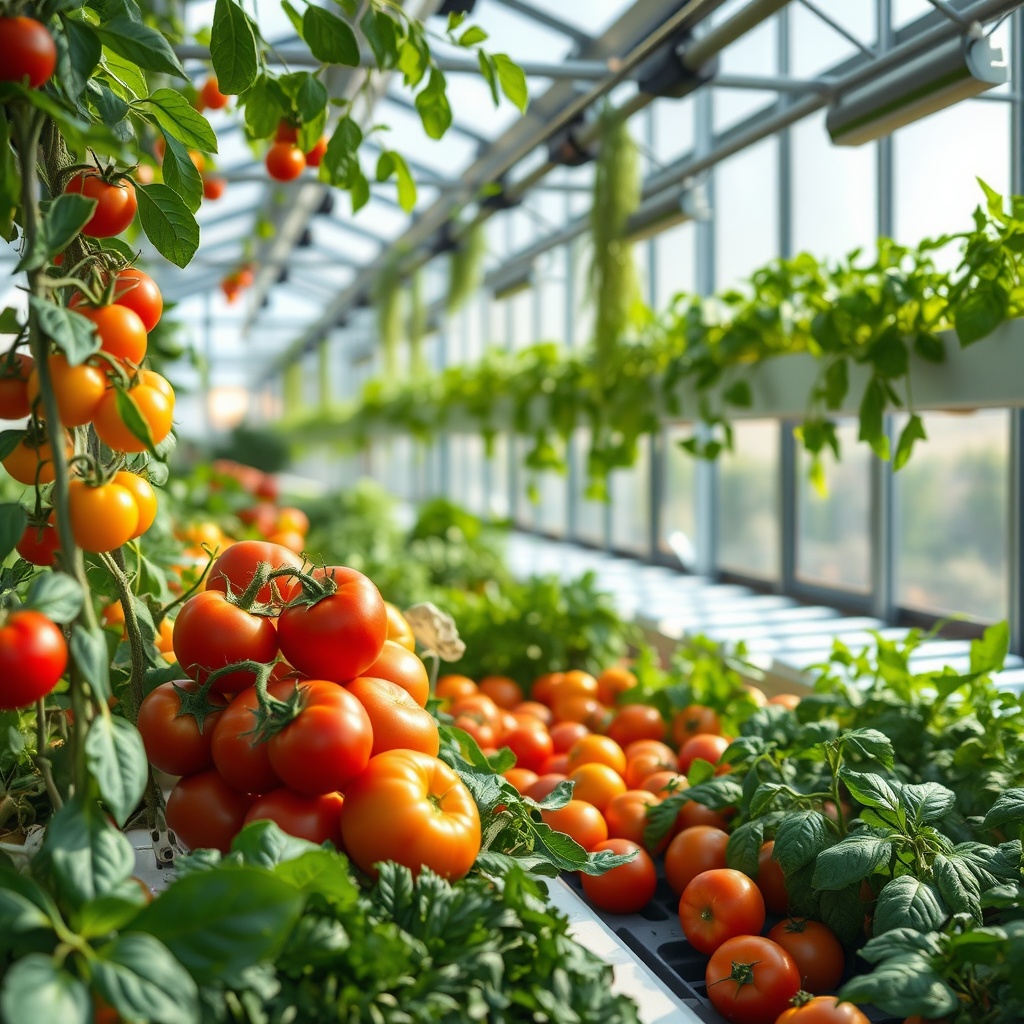Understanding the Hydroponic Advantage
As the world becomes increasingly conscious about food quality and sustainability, hydroponics has emerged as a beacon of innovation in agriculture. This soil-less growing technique not only enhances plant growth rates but also conserves water and space. But beyond the mainstream lettuce and tomatoes, there lies a realm of niche markets waiting to be explored. Are you ready to dive into the fascinating world of specialty hydroponic produce?
Identifying Lucrative Niches in Hydroponics
In the vast ocean of agricultural markets, niche markets often offer the most promising opportunities for growth. Specialty hydroponic produce encompasses a variety of unique crops that cater to specific consumer demands. From exotic herbs to superfoods, the options are endless. Here’s a curated list of potential niche markets:
- Microgreens: These tiny greens pack a nutrient punch and are a favorite among health-conscious consumers.
- Edible Flowers: Increasingly popular in gourmet cuisine, edible flowers can attract high-end restaurants and caterers.
- Specialty Herbs: Varieties like basil, mint, and lemongrass can fetch premium prices at farmer’s markets.
- Rare Vegetables: Unique produce such as purple carrots or Romanesco broccoli can captivate adventurous eaters.
These segments not only attract a diverse customer base but also create opportunities for value-added products, like herbal teas or infused oils, making them ideal for entrepreneurs looking to stand out in the marketplace.
Challenges and Solutions in Specialty Hydroponic Markets
While the allure of specialty hydroponic produce is undeniable, potential growers must navigate various challenges. From initial investment costs to market competition, the road to success requires careful planning and strategy. Here are some common challenges and effective solutions:
| Challenge | Solution |
|---|---|
| High Start-Up Costs | Consider starting small with a pilot project to gauge interest and gradually scale up. |
| Market Saturation | Differentiation through branding and unique offerings can help carve out a niche. |
| Consumer Education | Engage in community outreach and tastings to inform and attract potential customers. |
By addressing these challenges head-on, aspiring hydroponic growers can position themselves for success in the niche market landscape.




